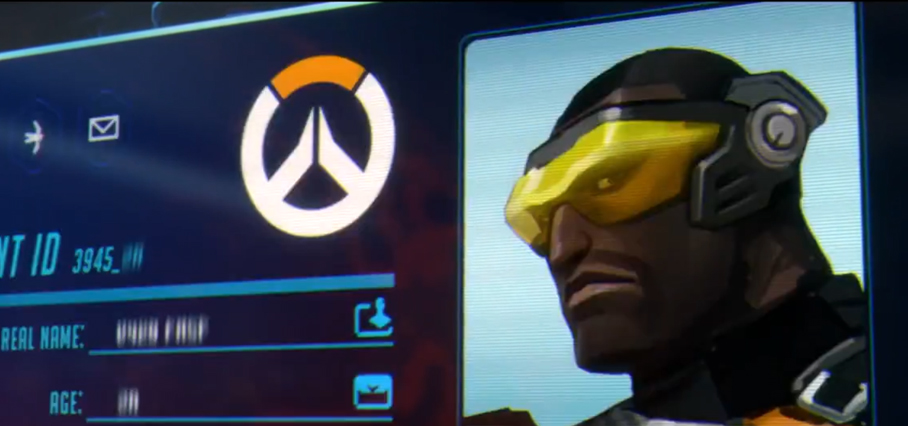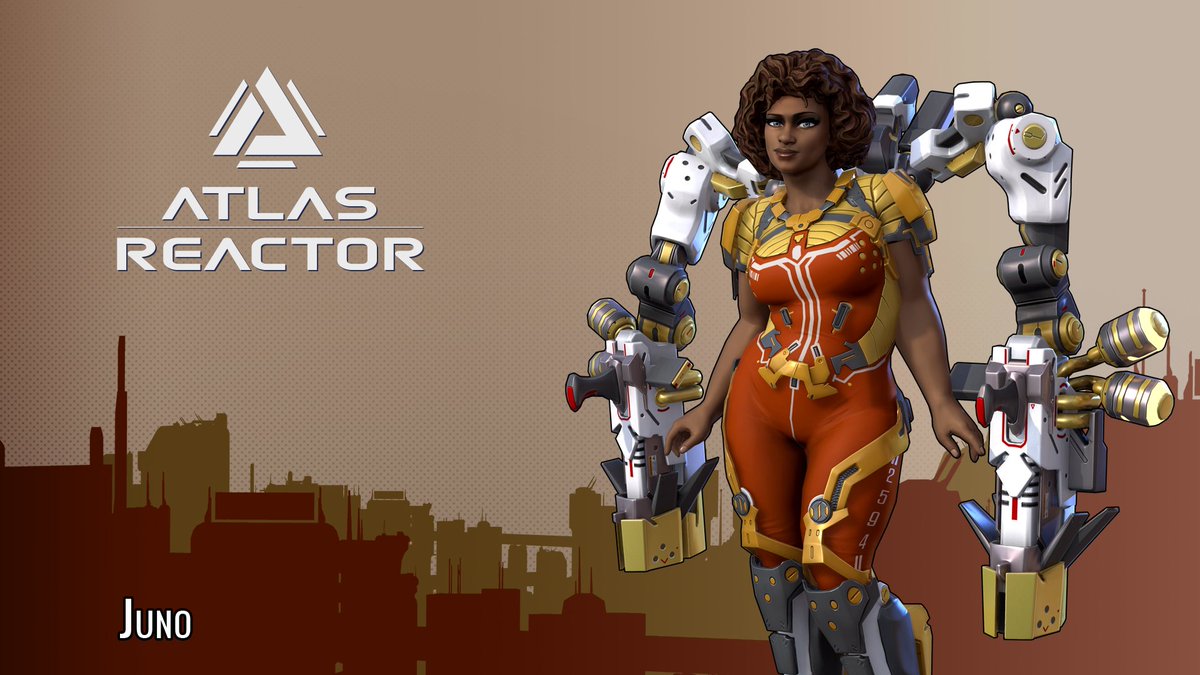

Search for that song, and Recall will pull up other documents that were on the screen at the same time.It’s no secret that pickup truck are built with durability in mind. The clusters were inspired by the associative nature of memory: You might not remember the exact location of the article you’re looking for, but perhaps you remember the song that was playing in the background when you saw it, or that this picture of your friend was on the screen at the same time, or that you were sitting in Starbucks. “We build a latticework of memories based on concurrence, location, people, large pillars in our lives.” Eventually they landed on a more organic form, organized around galaxies and constellations that you can enter and explore.

Delving into visualizations from the health care industry and finance, along with transit and urban mapping, provided even more precedent. They turned to science fiction films and television shows like The Matrix, Minority Report, and Star Trek, and looked at the way information was laid out in museums like San Francisco’s Exploratorium and Austria’s Ars Electronica. Instead, led by VP of design Matthew Holloway, they began to explore other forms of information design. When users found that difficult to use, they introduced thumbnails to it–but even so, the data design felt like something from a science textbook. Initially, they visualized search results as a timeline, segmented by format type. It took the company’s designers a long time to land on the amoeba and its clusters. “As long as it’s your own data, it resonates with you really strongly because you recognize it,” Ritter says. The more relevant the system thinks the search result is, the larger it appears. These thumbnails are arranged in an organic, amoeba-like shape, with clusters of images grouped at the edges of the main search results that are usually sorted by item type, allowing the user to click into them to narrow down the search. Because we can recognize things we’ve seen already very quickly, Recall shows the user thumbnail images of the things they could be looking for. One key element is that it’s a visual search app.

While this is smart technology, much of Recall’s appeal comes from the design of its user interface. The system also has a pause button in case you don’t want it to see, for instance, your bank accounts. A simple delete button lets you remove any record of an item from Atlas’s system and adds it to a blocked list, which you can also add to proactively.

The company has a clear policy on how it approaches this issue–mainly that you can delete any single piece of data or all of your data at any time, that it is encrypted both at rest and in motion. Privacy is a natural concern when it comes to such an expansive application. So instead of integrating with the APIs of every platform on a user’s computer, Recall works by integrating with the device itself in order to record every single thing you look at (unless you hit pause). According to Ritter, Atlas can search across all platforms thanks to the same technology that allows your computer to read the words on a screen aloud, or translate them into braille. Recall also helps improve other search engines, adding in a sidebar next to your Google or Spotlight search results that shows your Recall results.įascinatingly, Recall’s functionality is based on our computers’ current accessibility features. It takes screenshots of every window, every file, every text, every Tweet, and every Facebook post you look at, and then allows you to search for it (and access it, if it’s a file or web page). The search engine works by capturing and indexing anything you see on your computer or smartphone screen. About 20% of our queries are for things we’ve already seen.īased on the company’s research, about 20% of our queries are for things we’ve already seen. Recall was designed with the strengths and weaknesses of human recollection in mind, acting as a kind of photographic imprint of everything you access across your devices. The company, founded and run by the former Napster cofounder Jordan Ritter in 2014 as part of his Ivy Softworks Innovation Studio–is launching its first product, a universal search application called Recall. This is the problem that the startup Atlas Informatics is trying to solve.


 0 kommentar(er)
0 kommentar(er)
